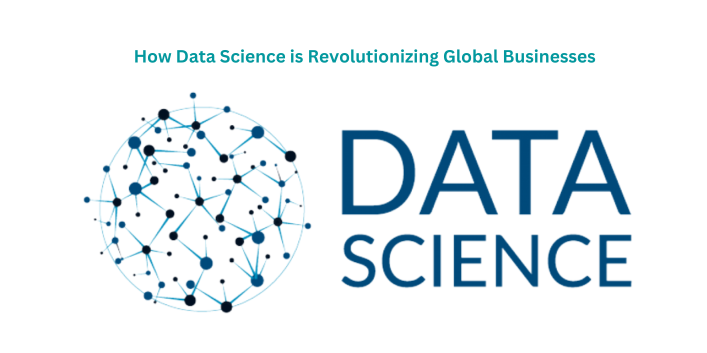Introduction
Data science also offers solutions for secure data transfer between clouds and identifies and addresses vulnerabilities across multiple providers’ cloud environments through sophisticated auditing processes like identity management, which limits access privileges when necessary. Furthermore, employing sophisticated predictive analytics models for enhanced security posture allows organizations greater protection against future cyber attacks by predicting behavior based on past events or patterns in network activity logs.
Data Science Applications in Cloud Computing Security Management
Data Science provides organizations with powerful tools to monitor usage in the cloud environment and identify anomalies that could indicate a security breach. Data Visualization techniques like heatmaps or dashboards allow users to gain visibility into user activity across the cloud environment, including any suspicious activities such as unauthorized access attempts or malicious actors. Machine learning algorithms can be used for anomaly detection by identifying patterns in system activities that may alert IT teams of potential threats before they become serious problems.
Predictive analytics is also essential for anticipating and preventing potential attacks on your organization’s digital infrastructure. By analyzing large data sets, organizations can more quickly and accurately identify threats before they become serious issues. Predictive analytics models help anticipate what types of attacks may happen next based on past events so that appropriate preventative measures can be taken in advance. Kelly Technologies Data Science Training in Hyderabad is the perfect place to start your career and gain a competitive edge with data science skills.
AI-powered solutions are also invaluable for improving authentication processes, enhancing authorization policies, automating response to cyber incidents, monitoring sensitive data access and usage with deep learning algorithms, as well as providing comprehensive reports on security events for better understanding of vulnerabilities within your system architecture. Cloud Security Orchestration using Artificial Intelligence helps automate tedious processes associated with managing secure systems across multiple platforms while still maintaining tight control over who has access to certain resources or systems within your networked environment.
Overall, Data Science offers a range of applications that make it possible for organizations to improve their overall cyber defense capabilities while ensuring compliance with regulations related to privacy laws and standards such as GDPR and HIPAA. With its advanced analytics capabilities and automation, Data Science is transforming how we manage our digital infrastructures today and helping us stay protected from evolving cyber threats tomorrow!
The Growing Importance of Data Science
Data science is an increasingly important component of businesses in today’s world. By leveraging the power of data science, companies can analyze vast amounts of data to create new insights, improve business processes, and make better decisions. As businesses become more reliant on technology and the Internet of Things (IoT) continues to grow, the importance and impact of data science will also increase.
Data science has many applications across various sectors of business, such as marketing, sales, customer service, and finance. Data scientists use predictive analytics to anticipate customer needs and identify overlooked opportunities. Additionally, businesses use big data to gain a better understanding of customer behavior, trends, and market shifts. This allows them to make informed decisions based on concrete evidence.
At its core, data science is about turning raw data into actionable insights that enable businesses to make faster, smarter decisions. To do this efficiently, data scientists require access to powerful tools and technologies that enable them to work efficiently with large datasets and uncover unnoticed patterns. Businesses are starting to recognize the potential of advanced analytics, such as AI/ML, for their competitive advantage in the marketplace. This advantage can be further enhanced by utilizing modern solutions like cloud computing for scalability purposes.
In short, the use of data science is becoming increasingly important for businesses to make better decisions faster, unlocking actionable insights from their datasets. It not only helps identify trends but also capitalizes on new opportunities and anticipates future challenges through predictive analytics techniques like AI/ML. As companies become more reliant on technology, especially IoT, there will be an increased demand for talented professionals specializing in this field, and continued growth in its applications, from marketing to operations management departments worldwide.
Conclusion
Data science and machine learning are powerful tools for optimizing cloud computing security. By leveraging sophisticated algorithms and predictive models, organizations can detect suspicious activities in real-time, identify weak points in their infrastructure, and anticipate future threats. Moreover, data science enables organizations to protect their confidential information from potential malicious actors while ensuring compliance across multiple cloud providers. The comprehensive understanding of how data science can safeguard cloud computing security will help businesses optimize their cybersecurity measures in the ever-evolving digital landscape.



